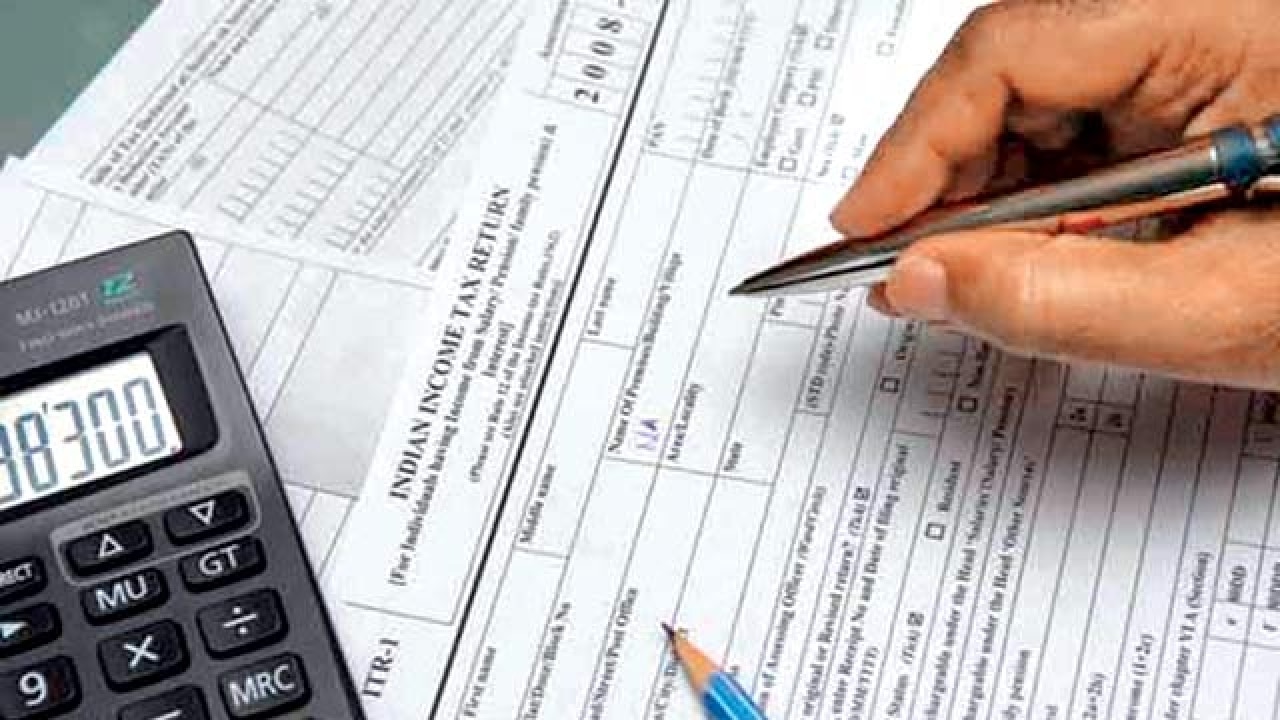
31st July is the last day to file your tax returns. Here are some important points you need to take care of before you file your tax returns.
First , check whether you really need to file your tax returns:
Most people have wrong notions about this. For example, many believe that if the tax has already been deducted at source from their employers or their Banks on their FDs, then there is no need for them to file their tax returns.
But this is not true at all. There are multiple reasons why you may need to file your tax returns even if you fall under some of the criteria mentioned above. First and foremost, the basic rule says that filing your tax returns is compulsory in case your gross taxable income is more than the basic exemption limit which is not chargeable for income tax i.e. Rs. 2,50,000/- in a particular financial year. This limit i.e. Rs. 2.5 lakhs is applicable to all the general taxpayers and the same is kept at Rs 3 lakhs for a senior citizen person (i.e. aged above 60) and Rs 5 lakhs for a very senior citizen.
But, even otherwise, if your income is less than the said limit but you have a tax refund to be claimed or you have entered into specified financial transactions like buying a property of more than Rs 30 lakhs or investments in shares, mutual funds or making FDs or cash deposit over a specified limit, you would be liable to file your tax returns.
Keep all the documents & information handy:
This is one of the most important steps before you start the filing process. Get all the required documents arranged as this helps you compute your tax liability or refund if any: -
A. Aadhar card copy to link it to your IT account
B. Form 16/16A from your employer/issuer
C. Bank Interest certificate for FDs & Savings Account interest and form 16A
D. All the TDS certificates
E. Bank Statements
F. Proof of various investments for exemptions and deductions having made
G. Home loan Interest certificate
H. Asset/Liability statement
I. Foreign income & assets disclosures
J. Capital gains statement on your MF/shares
K. Details of rental income or capital gains on properties as sold
L. Any other relevant documents
Remember to combine all your Form 16s in case you have switched jobs last year:
In case if you have changed your job in the previous financial year, then you need to combine all your Form 16s from all the employers and compute your income-tax accordingly. There are many instances wherein due to this situation, there's a good chance that your tax was not deducted fully, meaning what it would have been in case you would have worked in a single organisation. (Also Read: Did you change your job last year?)
Reconciliation of your Tax credits as per Form 26AS:
Form 26AS is your annual tax credit statement which helps you reconcile the tax as credited to your account from across sources like your employer or banks etc, means whosoever have deducted tax on your behalf and paid it to the government. The 26AS helps you to cross check and make sure that all the tax as cut in your account is duly being deposited & credited with the government. Because in case of any mismatch you will get a notice from the department hence it is a very important step to be taken care of before you file your tax return.
Select the correct Income Tax Return Form:
Another important step is to file your tax return by using the appropriate form as applicable to you as otherwise, your filed return would become a defective return. You may also receive a notice u/s 139(9) in case of wrong filing. Wrong selection of form can make the entire process futile and your filed return would become invalid.
Cash deposit during Demonetisation:
Do remember to declare your cash deposits as made during the demonetization period, if the same was more than Rs 2 lakhs. This is a very critical part and failure to do so may result in heavy penalty and prosecution.
You need to “E-verify” your Tax return:
Lastly, you need to verify your filed tax return. This is the concluding step which applies after filing your taxes and getting an acknowledgment i.e. ITRV. It is the last important step which you cannot ignore. The process is called verification of your tax returns, which means that you need to verify that the returns are filed by you or any authorized person on your behalf and not by a system related issue or by any unauthorized person etc. You can verify your return either by doing it online or by sending the hard copy of your ITRV to CPC office, Bangalore.
Why should you file your tax returns in time?
Till the last financial year, there was no issue of any penalty for filing a delayed return and you were allowed to file your tax returns for as long as two years without any worries provided all the due taxes were duly paid. But from this financial year i.e. 2017-18, there is a new section called section 234F as introduced in the Income Tax Act which provides for a penalty in case of a delayed tax filing. But this is not applicable for the current filing i.e. previous year’s tax filing (2016-17). It is only applicable from the next assessment year i.e. 2018-19.
For now, there is no penalty for not filing your tax returns on or before 31st July 2017 except the fact that if you don’t file your returns today, then you would not be allowed to carry forward your losses. And the existing penalty u/s 271F for Rs 5,000 is there but the same is applicable only in case your return is not filed until the end of this assessment year i.e. till 31st March 2017.